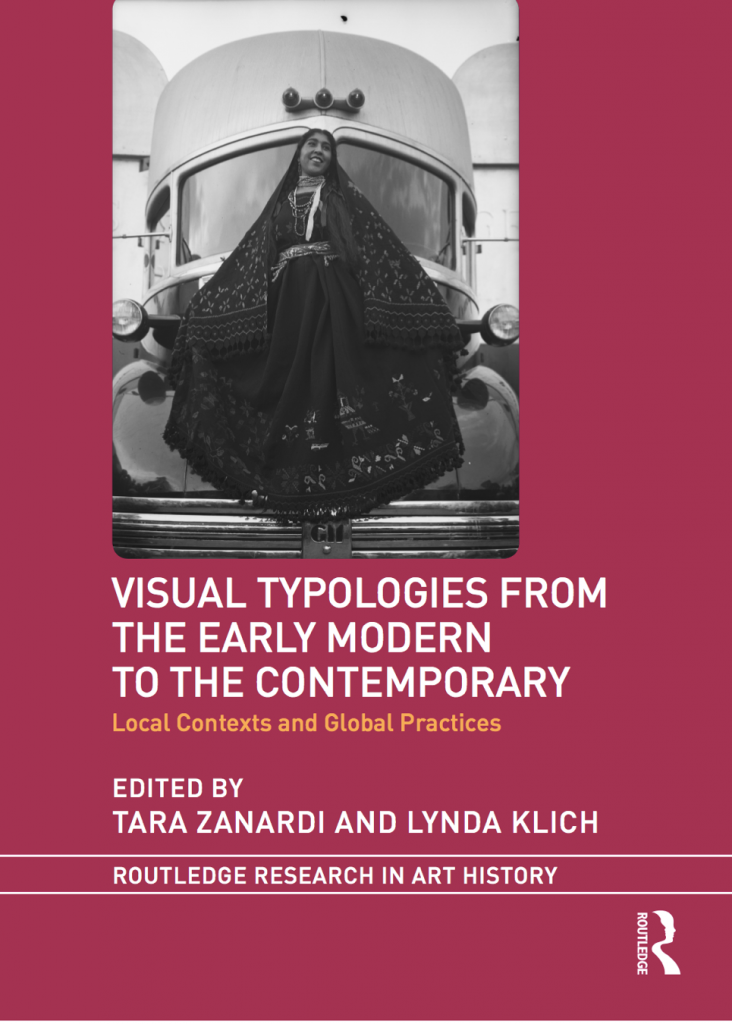Alumna Ann Millett-Gallant featured in NHC Exhibition
PhD alumna Ann Millett-Gallant is also an artist, and several of her works have been chosen for an exhibition at the National Humanities Center, “Esse Quam Videri.”
August 31–December 15, 2018
Exhibition Reception and Curator Talk: Thursday, September 20, 6:00 pm–8:00 pm
Esse Quam Videri [“To be, rather than to seem”] is an exhibition exploring North Carolina, its history, culture, and landscape, through the lens of disability. There are many experiences which we all share: romantic and familial love, employment, citizenship, education, and caregiving, to name a few. People with disabilities have typically been erased or considered disqualified from these experiences, yet they too participate in them. Following the curatorial theme of the overarching EVERYDAY project, this exhibition will showcase works that tell stories unique to North Carolina, using universal experiences or ideas, but presented in audacious ways—particularly based in the knowledge and creativity that disability brings to them. “To be, rather than to seem”: how can we explore through disability representation and disability aesthetics what disability history, knowledge, and culture is relative to North Carolina?
Works in this exhibit have been selected by jurors Ann M. Fox and Linda Dougherty. Fox and Dougherty will give a talk about the exhibit as part of the exhibition reception on September 20th.

